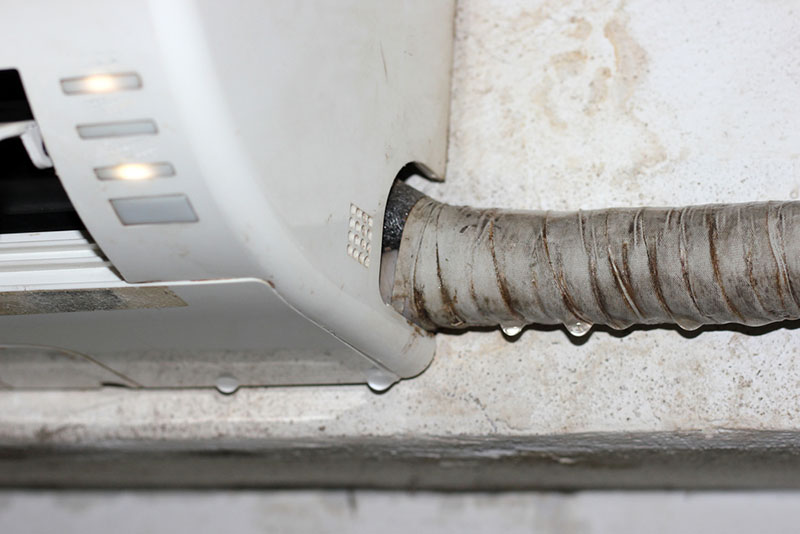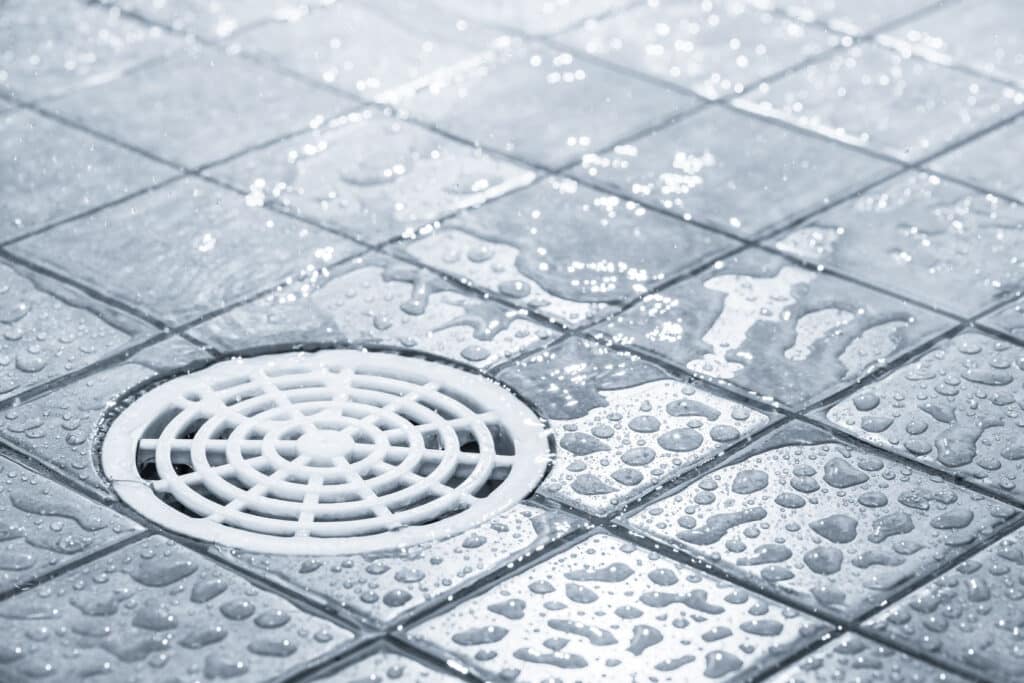The Difference Between a Circuit Breaker and a Fuse Box

As electricity comes into your home from outdoor wires, it enters your panel or fuse box. It then travels through a circuit breaker or fuse to a particular circuit. This circuit runs many parts of your home, such as your dryer or bedroom lighting. Both circuit breakers and fuse boxes interrupt the flow of electricity. However, understanding the difference between fuses and circuit breakers is essential. So, what distinguishes a fuse box vs breaker box, and what does each system do?
Understanding Fuses Better
Inside of your fuse box will be many fuses for the different electrical circuits in your home. Any new fuse inside of your fuse box will allow the electrical power to pass through a filament inside of it. It will then move on to the circuit. Whenever you overload your circuit, the filament will get too hot. This can cause it to melt. This will stop the flow of electricity to the circuit.
Understanding Circuit Breakers Better
There are two main types of circuit breakers that are in homes throughout the nation. One uses a solenoid, while another uses a metal lever. When the circuit breaker is on, power flows from the bottom terminal to the upper terminal. When you overload the current, the magnetic force of the solenoid in the breaker moves a metal lever. This switches the breaker to the off position. Some circuit breakers use metal strips. These bend when overloaded and switch the breaker off.
Pros and Cons of Fuses
The biggest advantage of using fuses is that they’re very inexpensive to buy. Plus, installation into your fuse box is easier. They also kill the power to your circuit quicker when it overloads. Fuses can’t be reset. Rather, you have to replace the fuse completely for your circuit to regain a flow of electricity. Fuses can be a bit dangerous to replace for those who aren’t licensed electricians.
Pros and Cons of Circuit Breakers
The biggest advantage of circuit breakers is that they can be reset many times. You don’t have to waste your money on replacing the breaker every time you overload the circuit. Additionally, circuit breakers are very safe to turn on and off. One of the biggest cons of circuit breakers is that they don’t react as quick as fuses. This means that electronics on the overloaded circuit may become damaged. Second, they are much more expensive to buy, install, and replace than fuses.
Why is My Circuit Breaker Tripping?
The most common reason that a circuit breaker trips is that the circuit is overloaded. This happens whenever you try to draw too much power from the circuit. Plugging in an oversized air conditioner might do this. As soon as you start to use the item, the circuit will blow. Unplugging the item and resetting the circuit breaker will usually do the trick. What if the circuit breaker keeps tripping and you haven’t plugged in more appliances? It’s time to contact a licensed electrician for help.
Contact Us Today
If you have an issue with your fuse box or circuit breaker, contact us today. Our licensed electricians at Cahill Heating, Cooling, Electric, Plumbing & Sewer, Air Conditioning, and Electric can help. Let us take a look at your electrical system and fix any problems we find.







